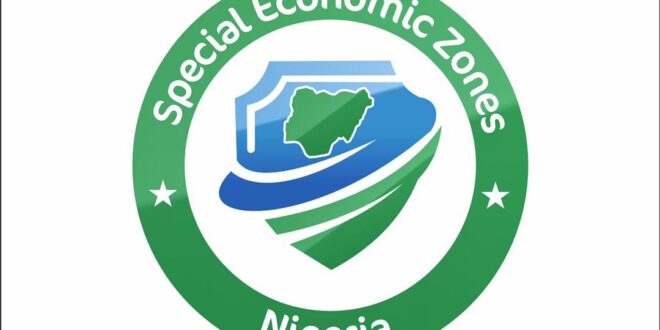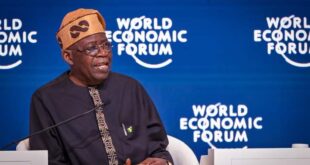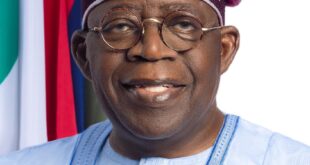Stakeholders have welcomed moves to resolve lingering issues around operations in free zones.
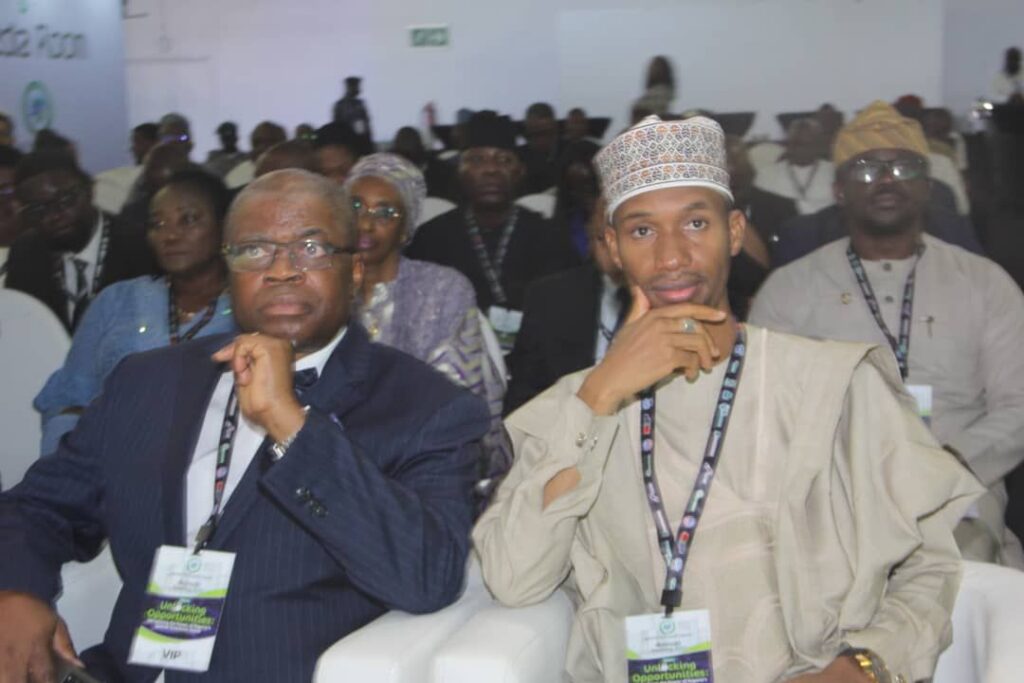
The issues include challenges with the Nigeria Customs Services operations in the zones as well as revenue collection agencies.
The resolution is among 19 recommendations issued in a communique at the end of the Second Special Economic Zones Annual Meeting, organised by the Nigeria Economic Zones Association in Lagos recently.
The two-day meeting featured extensive deliberations by industry experts, investors, and critical stakeholders.
Among other recommendations, stakeholders agreed that government should consider changing the “Free Trade Zone” nomenclature to ‘Special Economic Zone’ to erase the wrong perception that the zones do not contribute to revenue in Nigeria.

That perception has contributed to the difficulties faced in operations in the zones.
Stakeholders expressed the need for Government agencies engaged in the operation of Free Zones to be adequately educated on the mandate of the Free Zone Authorities to streamline their activities in the zones in line with international best practices.
They want revenue agencies, including Customs, to regard the Free Zone scheme as a trade facilitator, promoting economic growth and inclusive employment for our burgeoning youth population rather than a revenue-driven scheme.
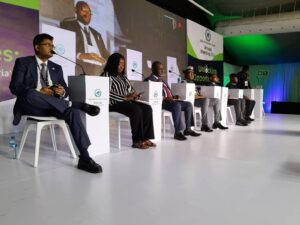
They agreed such moves should focus on protecting the existing investors while also promoting new investments into the country.
The challenges with Customs are slated to be addressed at a roundtable meeting initiated by Customs and the call is out for similar meetings by other agencies involved in the free zone scheme.
In its wake, stakeholders urged the Free Zone Authorities to urgently reach out to the CGC to suspend the circular issued by the Customs restricting the movement of operational vehicles in the Free Zones pending the outcomes from the proposed Roundtable Meeting.
Stakeholders also commended the synergy between NEPZA and OGFZA, as well the collaboration between the leaderships of both agencies.
They advised both to liaise with the Presidential Enabling Business Environment Council to explore using its mandate to address laws conflicting with the Free Zone Acts.
“Emphasis should be placed on laws that inhibit Free Zone Authorities from performing their role as a One-Stop-Shop, coordinating the activities of other Government Agencies operating in the Free Zones,” they said in the communique.
In addition to changing the ‘free zone’ nomenclature to ‘special economic zone’, stakeholders urged tax authorities to regularly publish the revenue generated annually through Free Zone activities in terms of Customs and FIRS collections.
Another work they recommended for the collaboration between NEPZA and OGFZA is for both to work with Standards Organisation of Nigeria to review draft guidelines for new certification specifically designed for free zones.
Upon review, implementation of the new certification should be immediate, the stakeholders said.
They noted the dichotomy between certification by SON and MAN has posed a challenge.
Among other recommendations contained in the communique, the stakeholders
- Welcomed CBN’s pledge to revisit the long-delayed Guidelines on Off-Shore banking and urged NEPZA/OGFZA to ensure that this is followed up and concluded without further delay
- Called for streamlining and digitalising the process of acquiring and registering vehicle number plates by free zones to make the process less cumbersome and secure.
- Advised that NEPZA/OGFZA should engage with the Joint Tax Board (JTB) as well as State Governors by way of advocacy, to resolve the undue interference of State and Local Government Tax Authorities with the operations of FTZ activities, particularly the harassment of FZ registered vehicles on the highway.
- Welcomed the establishment of the Special Agro-Processing Zones (SAPZ) program in Nigeria by the African Development Bank (AfDB) and agreed that a regulatory framework for the program under the Free Trade Zone scheme should be further explored.
- Agreed that Free Zone Investors should not honour any request from the Industrial Training Fund (ITF). This is in view of Part IX, Section 41(6)(i) of the Business Facilitation Act, 2022, and the enabling Acts of NEPZA/OGFZA.
- Welcomed the offer by the Manufacturing Association of Nigeria (MAN) and the Financial Reporting Council of Nigeria (FRCN) to collaborate with the Nigeria Free Zones scheme and urged the Free Zone Authorities to consider and accept the offer.
- Commended the Service Level Agreement (SLA) between the Free Zone Regulators and FIRS, while encouraging similar SLAs, where necessary, with relevant stakeholders and Agencies.
- Aligned with the commendation of the NEZ Association by the President of NACCIMA for the work it has been doing to provide a platform that investors can utilize to articulate and address their issues, and noted his pledge of full support of NACCIMA for the FZ scheme.
 The Commerce Africa African Reneissance
The Commerce Africa African Reneissance
